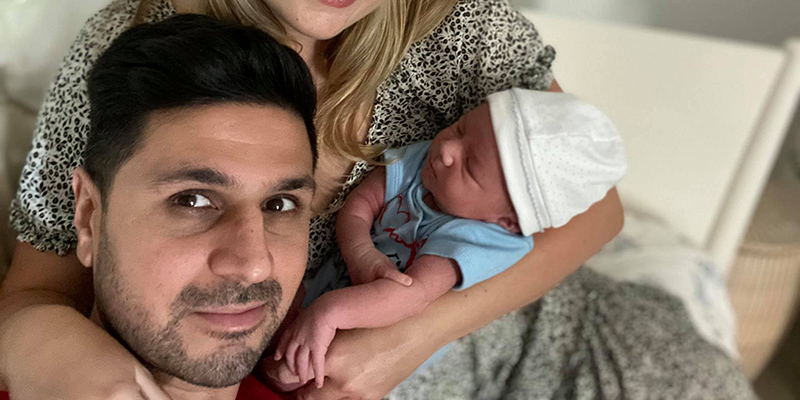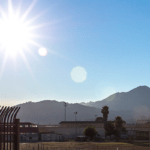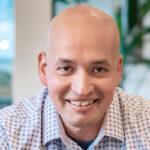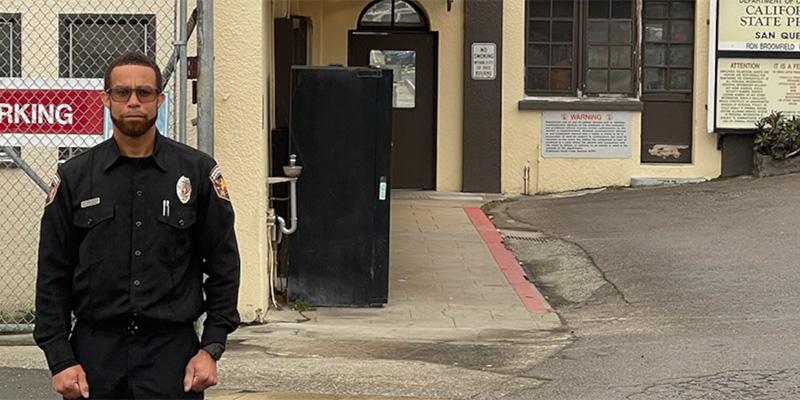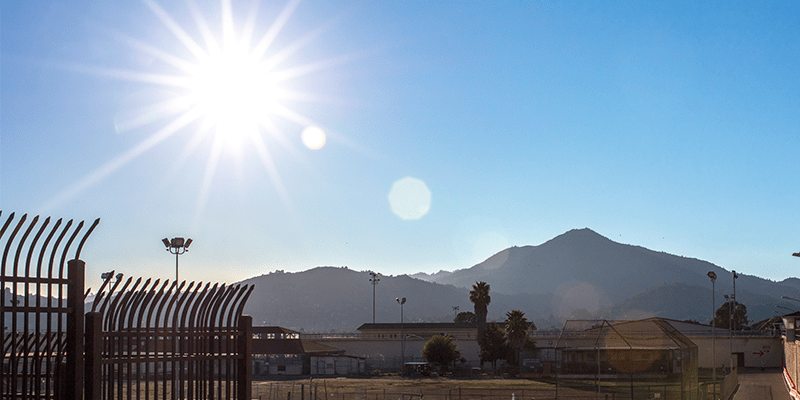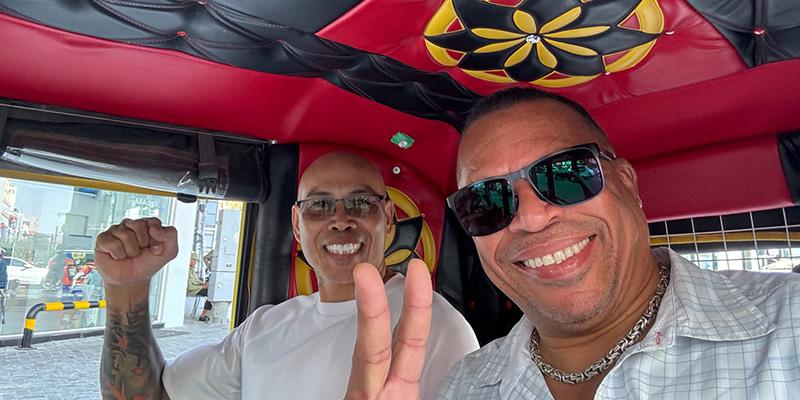During the summer of 2020, we’re celebrating the fathers, grandfathers, and other parental figures in our community. We are proud to share their reflections on what it means to be a parent and how their lives have been enriched by the experience.
I always say that my own father was an absent father. He was in and out of my life, and during my incarceration, I wondered how my life would have been if he was all the way in my life or all the way out of my life. The fact that he was in and out until I was 14 created more of a tease for me, wanting his love, wanting his acceptance, wanting a positive male role model, which he was not.
I want to be a loving father, a present father. I want to also be an encouraging father and supportive. I know as a youth I always needed support. People always say what would you tell the youth now and my answer is that there isn’t anything I would say, I would more so listen. I want to be an active listening father to see what his needs are and how I can best address them.
My son’s name is Aidan Mallick Khan. My wife’s from Paris and her dad’s an immigrant from Ireland and so we were looking for a name that is Arabic or Islamic on my side and somewhat also cultural on her side. We found that Aidan in Irish means “little ball” or “little fire ball” and in Arabic it means wise, intelligent, or thoughtful.
I never thought fatherhood would ever be because I was sentenced to life at the age of 18. At the time if you were sentenced to life, you could not get family visits meaning legally I could not have children. But before that, growing up in a broken home, even as a kid, as a teenager, I always said to myself, when I get older, I’m going to grow up, get married, and have kids and I’m going to do it right. Mostly in spite of how I was treated. Then at 18, regretfully, I committed my crime and was sentenced to life which meant my dream of having children was not just shattered, but basically gone. I think it was around 2017 where a law changed where lifers were able to get family visits, almost 14-15 years into my incarceration. But by then I didn’t think I wanted to raise a child from prison. I imagined fatherhood to be many things, but then I didn’t even imagine the possibility for me anymore. Then it became a dream and a desire that I thought at the time was unable to be acquired.
I think that there’s this love you always hear parents talk about, and you smile when you hear about it and you engage in the conversation, but you have no idea what they’re talking about because you haven’t felt it. It’s like even with incarceration, you can tell people what it’s like to be incarcerated, but until you feel it you actually don’t know it fully. You can get it, you can understand it, you can be an advocate for it, but you won’t know. For me it’s this love that I heard about but never thought it could be. But once I felt it, even with the pandemic and with the uprisings happening, I find myself still living on a cloud. His cries or him waking me up in the middle of the night don’t even affect me at all. People say you’re not going to get sleep anymore, but I just feel so happy getting up in the middle of the night to his cries and to change him. Maybe it’s because I was woken by correctional officers for 16 years and my cellie, so that’s probably why being woken up by my baby is not a problem for me.
I would love to lead by example of overcoming the impossible. I really want him to know that my existence and his existence is because Alex and I, in the San Quentin media center one day decided to change the law. A law that’s been around since California first started. She’s not a lawyer, I’m not a lawyer obviously, but we ended up doing it. We were secretly in love when we passed the law, and that’s why I’m out. I just want to instill in him support and love and also understand what proper discipline and consequences are. I don’t believe in punishment. I think punishment is harmful. I do believe in consequences and how consequences are helpful to the person. It may not look like it in the moment, it may not be visible, but consequences are important. I also want to be very fair and instill that in him. But more importantly understand his needs and try to address his needs.
I wish for an equal world for my son. An equal opportunity one. The one everyone is protesting and begging for right now. One that provides people who have privilege to use it as a responsibility and not so much as an entitlement, that’s the world I want him to live in. It seems like people have been saying that forever.
